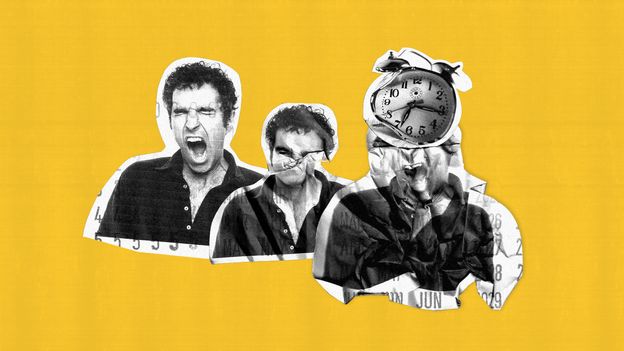
How daylight saving time affects our health
And losing that one hour of sleep on the night of the spring transition can have a cumulative effect on sleep loss, leading to increased sleep fragmentation across the following week.
A 2024 study, however, explored the effects of DST clock changes on the sleep duration of over 11,000 people in the UK. It found that while mean sleep duration was 65 minutes lower on the Sunday of the springtime clock changes than the previous Sunday, there was evidence of catch-up sleep after the transition.
“Left to themselves, our internal circadian clocks naturally align with the light dark cycle, so the only problem comes if you start arbitrarily defining time based on a clock,” says David Ray, professor of endocrinology and co-director of the Sir Jules Thorn Sleep and Circadian Neuroscience Institute at the University of Oxford.
”Because then you’ll have people who are being asked to live their lives against the clock. Their internal clock tells them it’s 7am, but the clock on the wall says it’s 6am so they’re one hour misaligned. Now you might think that’s only a very small difference, but if you look in large enough numbers of people, you start to see that there are problems,” Ray says.
People who could be described as “living their lives against the clock” include shift workers.
First Appeared on
Source link






